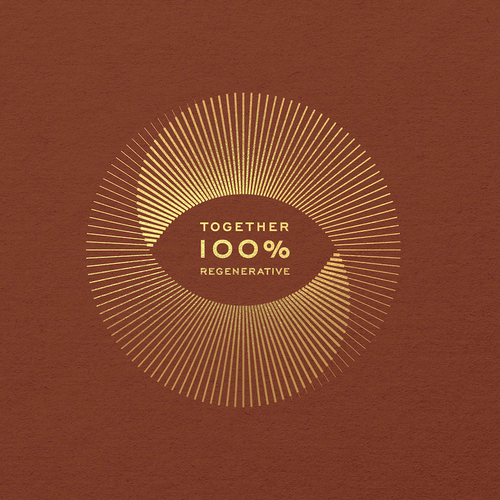Today we are standing in a cacao grove that was converted from cattle pasture to a super-diverse cacao-agroforestry system in 2014. 10 selected cacao strains are growing under the canopy of the cedar trees, together with 40 different crop and tree species. There is also an overwhelming diversity of flowers, among others 13 species of orchids that are frequently visited by hummingbirds. The Madre de Cacao, a small leguminous tree that has been used as a shade tree for cacao for millennia, is currently flowering.
This is where we educate the farmers in why and how it makes sense to grow cacao, because this diverse cacao grove is an excellent example of how farming, when done sustainably, can have a positive impact on the environment and the local community simultaneously. This cacao grove is established as a buffer zone on the border of a protected forest area, while the 10 different heirloom cacao strains that grow here provide a high yield of the most amazingly-tasting cacao beans. There is also a biodiversity spot in the center of the cacao grove, where nature rules entirely and which attracts insects that help pollinate the cacao trees. Healthy cacao-forests function as buffer zones for the primary forest and as corridors for wildlife that move between forest areas. They store carbon, enrich the soil, protect watersheds, generate rainfall, and they supply their caretakers with a great diversity of food and income sources. This is a sustainable land use model that we promote, support and replicate in the indigenous villages where we work. We support the identification of the most vigorous and flavorful among the Tabasqueño cacaos, we then raise them in village-based nurseries and help the farmers plant them in diverse cacaotales like this one. In our trail-blazing search for cacao full of flavour, soul and purpose, we are so honored to help Zoque and Tzotzil families revive their cacao heritage and ancestral guardianship of the Selva Zoque rainforest in this way.
Here is what we have been working on since 2014:
● Establish a direct-trade cacao supply chain for indigenous cacao farmers
● Support organic certification of the land
● Educate farmers in forest-friendly and organic cacao farming practices
● Raise selected Tabasqueño cacao and forest trees in 7 village-based nurseries
● Convert pasture land to diverse cacao-forests that function as buffer zones and wildlife corridors on the border of the rainforest
● Preserve 1.200 hectares of rainforest and native landscape through conservation agreements
As we hit the road again, we move through the soundscapes of the forest and into the open land, where a large lonely tree stands by itself in a clearing in the forest. The forest has been cut down and converted to cattle pasture, stretching all the way to the foothills of the steep mountains, where the forest rises as an overpowering dark humid green. The alluvial soils of the Selva Zoque might be rich, but they are also weary of decades of cattle ranching and deforestation. On this rich pasture land, the young calves are raised before they are trucked to Northern Mexico and further on to the United States.
12 elongated, beautifully woven Oropendola bird nests hang from the tree. The birds jump from one branch to another, make high calls and let themselves drop while they cling onto the branch until they find themselves hanging upside down. What a flamboyant bird! Within a few minutes they have been showing us their amazing repertoire of songs and it is no wonder that the poet Pellicer named the Oropendola “the bird of 400 sounds”.
